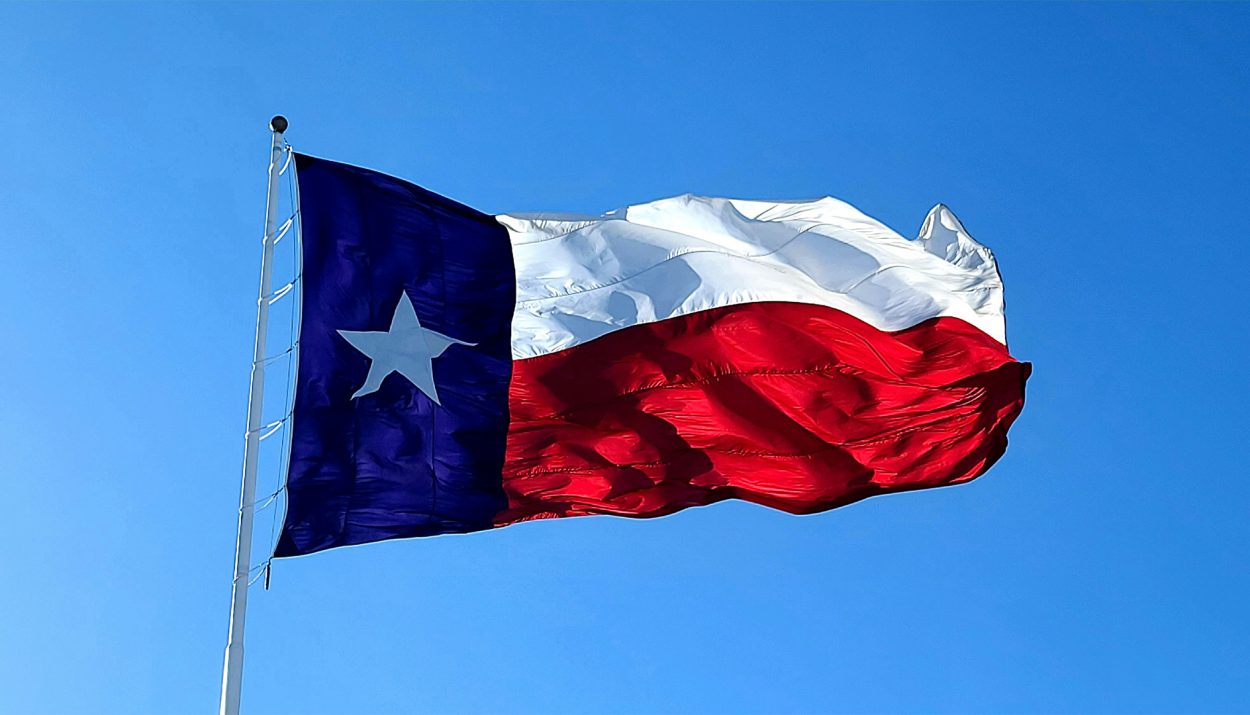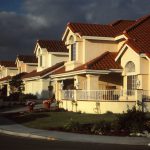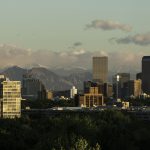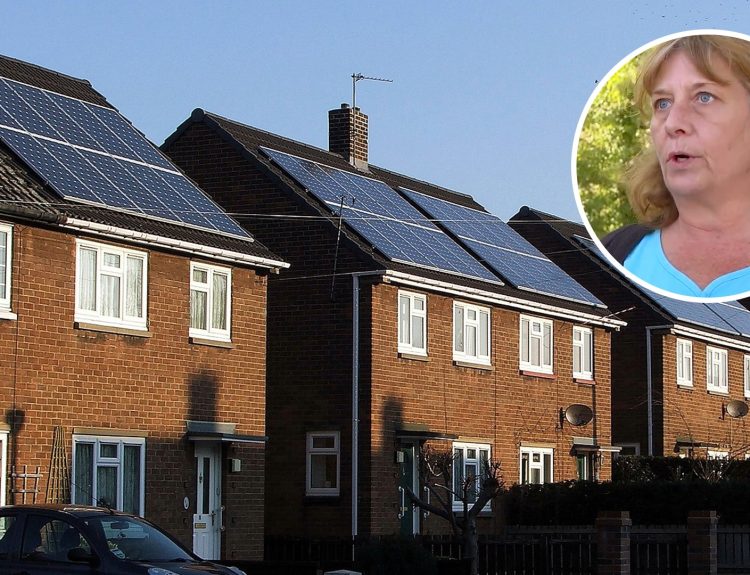From the relentless heat waves that make the summer a test of endurance, to the swirling tornadoes, Texas has a certain set of challenges that might make prospective residents think twice. This Lone Star State, while it is rich in culture and history, also boasts extremes with the weather that can present a certain kind of challenge.
Whether it’s the vast distances that stretch between its cities or the fierce political winds that shape its policies, Texas is a state of stark contrasts and daunting complexities. Here are 19 reasons that might just make you think twice before you move to Texas.
Tornadoes And Extreme Weather
Texas is a part of Tornado Alley, making it prone to frequent and sometimes catastrophic tornadoes.
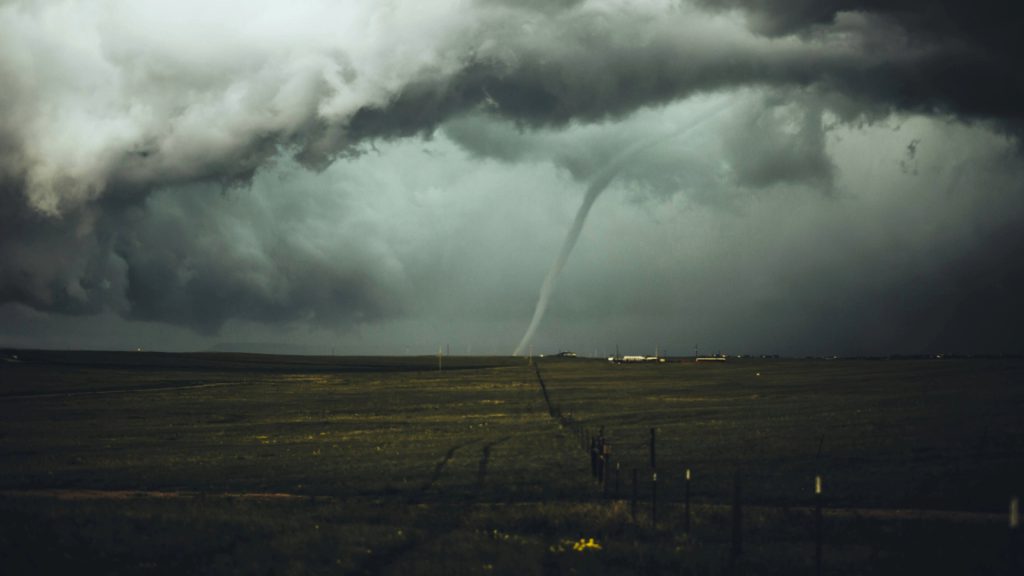
The state is also subjected to hurricanes along the Gulf Coast. This can lead to significant property damage and occasionally, loss of life. Oftentimes residents need to have significant life insurance policies.
Extreme Heat
Texas is notorious for its stifling summers, with temperatures that often soar far beyond 100 degrees Fahrenheit.

This intense heat can be extremely uncomfortable and sometimes even dangerous, primarily for the elderly that have health problems. Air conditioning isn’t just a luxury; it’s a necessity.
Large Bugs
Texas residents aren’t all of the human species, it is home to a large variety of insects and wildlife. This includes mosquitoes, cockroaches, and snakes.
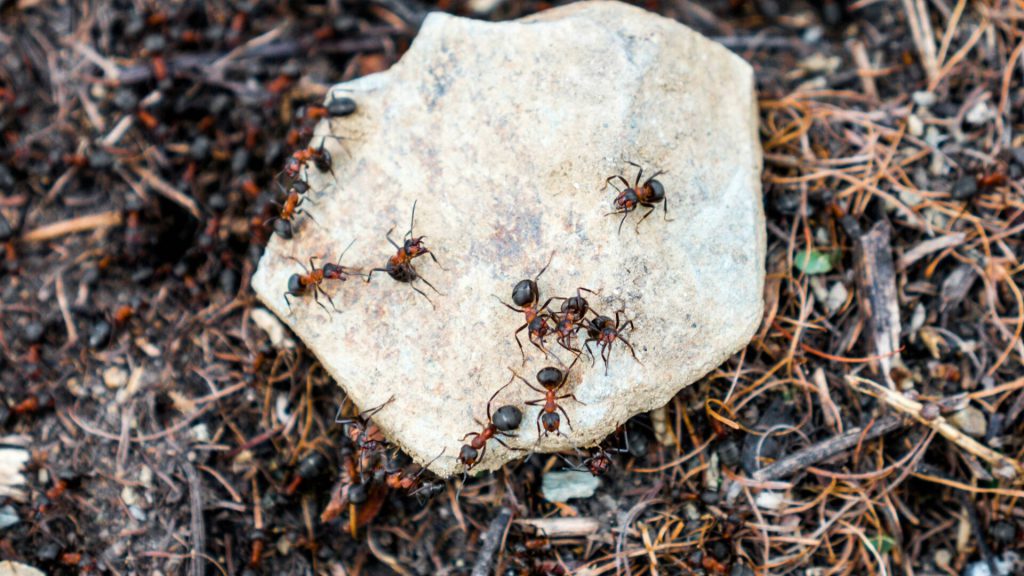
Coming into contact with these pesky critters can be more common in Texas than other states, possibly making outdoor activities and some indoor areas less than pleasant.
Public Transportation, Or Lack Thereof
Texas cities are widely spread out and extremely car dependent. Public transportation options tend to be limited, specifically in suburban and rural areas.
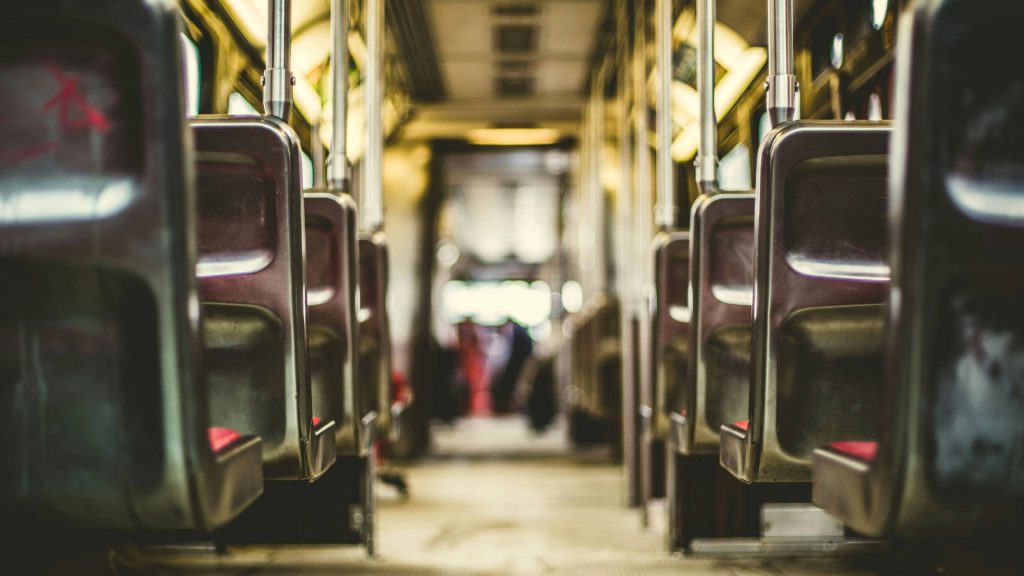
This can make life a little complicated for those that don’t have vehicles.
High Property Taxes
While Texas doesn’t have state income tax, it makes up for it in high property taxes.
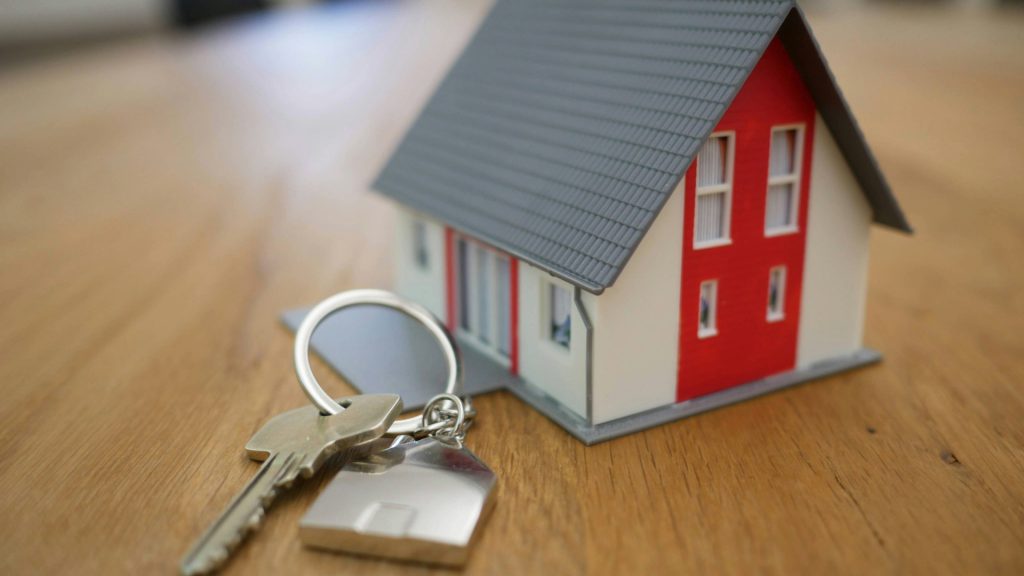
This can make the cost of homeownership extremely high, making the affordability of homes very difficult. The taxes can be a particular burden for retirees and those on fixed incomes.
Scarce Water
Certain parts of Texas grapple with droughts and water shortages, which can lead to restrictions on water usage.
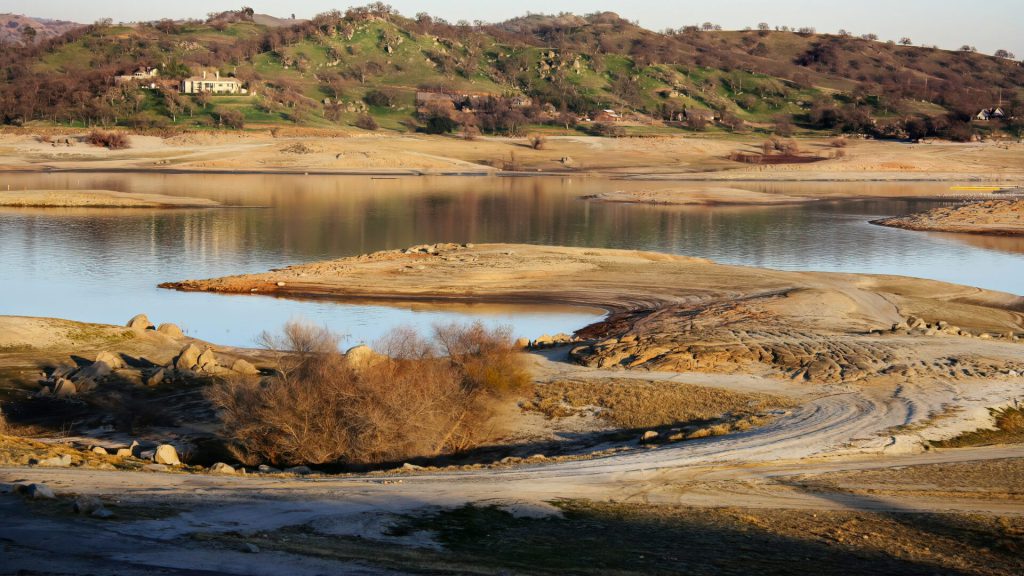
These issues can have negative effects on agriculture, landscaping, and even everyday activities like washing cars or filling swimming pools.
Allergies
A lot of Texas, especially in Central Texas, are notorious for high pollen counts which can lead to severe allergies for some.

The region’s “cedar fever” is well known for causing considerable discomfort for many people during certain times of the year.
Politics
Texas has a very unique political environment that doesn’t always align with everyone’s views.

The state’s conservative policies and stance on social and economic issues can be a huge deterrent for those with more liberal views, having an effect on everything from education to healthcare access.
Lack Of Seasonal Changes
Those who are fans of the classic four-seasons year round, might find Texas to be a bit of a disappointment.

The state’s climate tends to be warm, and seasonal changes are more subtle than other states. Snow is rare, and fall foliage is less pronounced than in more northern states.
Difficult Education System
Texas deals with challenges when it comes to its public education system, this includes issues with funding, salaries for teachers, and student performance in some areas.
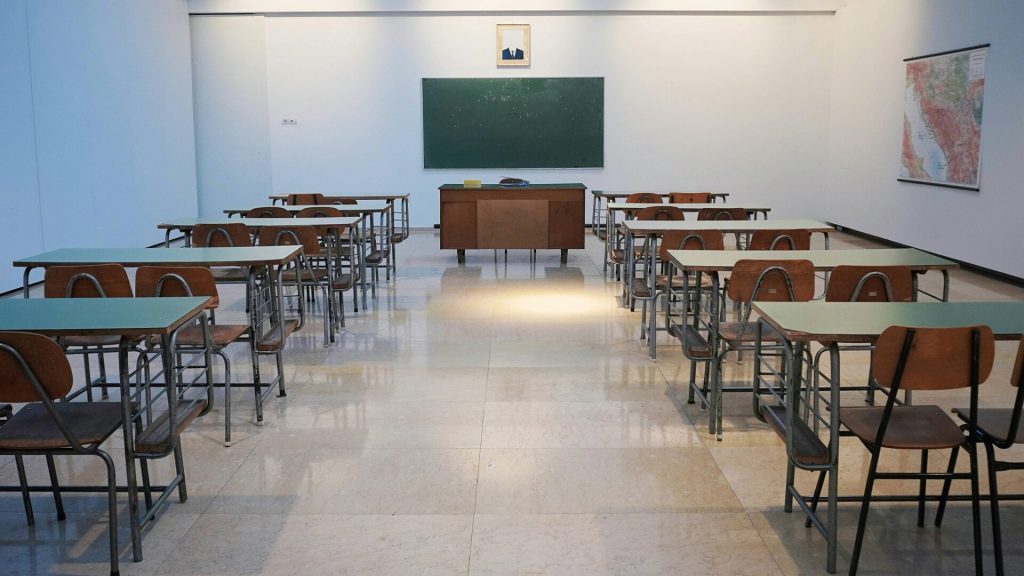
These factors can impact the overall quality of education and can have long lasting consequences for children’s development.
Vast Landscapes
The vastness of Texas tends to mean long drives between cities, making travel throughout the state very time-consuming.
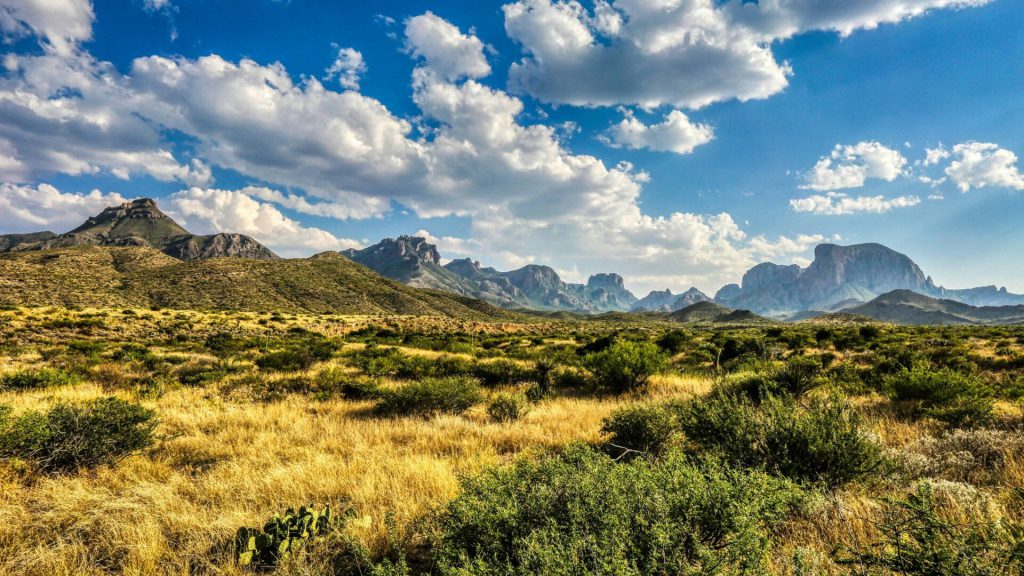
This can be a huge negative for those that prefer a more compact geographical area or quicker access to different urban centers.
Healthcare
Rural areas in Texas often deal with a lack of adequate healthcare, which can also lead to long travel times for medical care.

This can be very problematic for people that have chronic health issues or in emergencies.
Fluctuating Oil Market
Texas’ economy is deeply tied to the oil industry, which can lead to economic instability due to fluctuating oil prices.

This can have an effect on job security and public funding for services, which can cause significant stress for residents that are reliant on the industry.
Rapid Growth
The rapid expansions of cities like Houston and Dallas had led to urban sprawl, which has consumed the natural landscape and increased commute times.
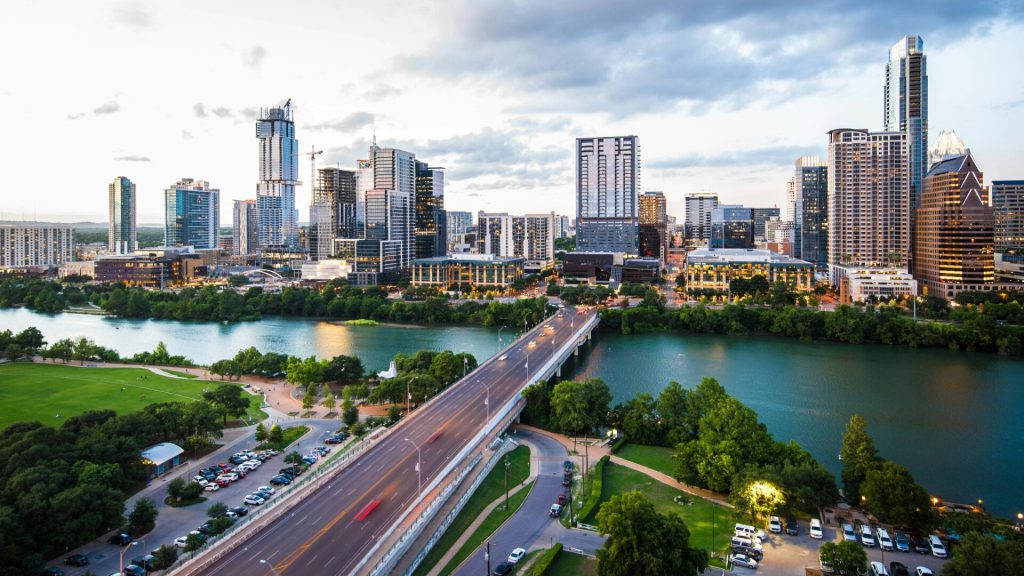
This can undermine community unity and diminish the overall quality of life for residents.
Flooding Risk
Many places in Texas, particularly Houston, are subjected to frequent flooding, which can lead to serious damage to properties.
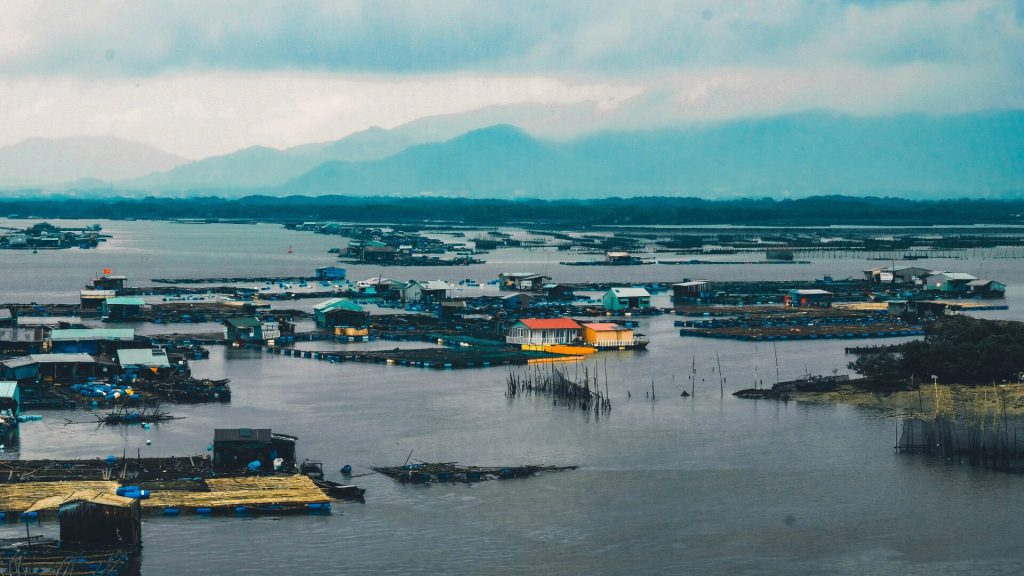
This risk necessitates additional insurance and can be a constant worry during rainy seasons.
High Crime Rates
Some areas in Texas have high crime rates, which can be a bit of concern for prospective residents.

This can have a huge impact on quality of life and requires that people really get to know the area they are considering living in.
Uniform Cultural Identity
Some areas of Texas lack cultural diversity, which might be a deterrent to those that are used to a more cosmopolitan environment.

This can have an effect on everything from dining options, to cultural festivals, and community dynamics.
Regulatory Landscape
Texas is renowned for its deregulated market in certain sectors, this includes electricity, which can cause issues such as the 2021 power grid failure.

This can create a challenge for residents that depend on the stability of such services.
Invasive Species
Texas deals with invasive species such as the feral hog, which can damage local ecosystems and agriculture.
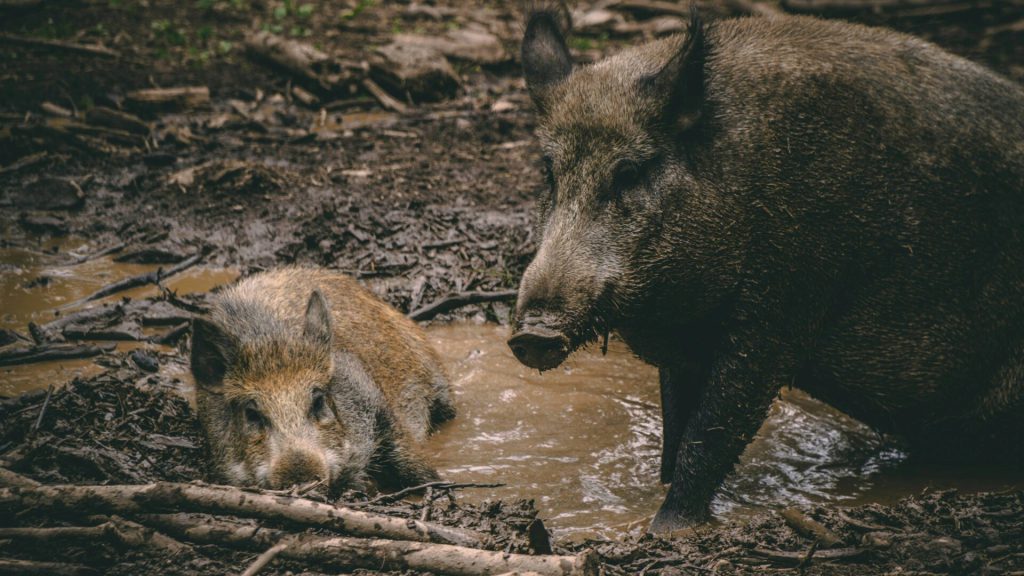
Managing these species often requires considerable effort and resources, affecting both rural and some urban areas.

